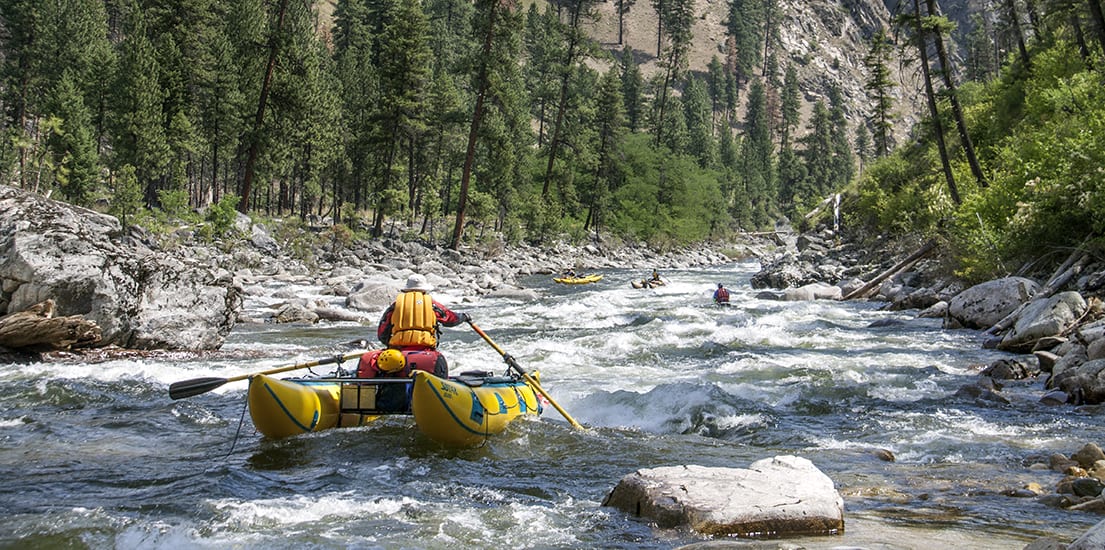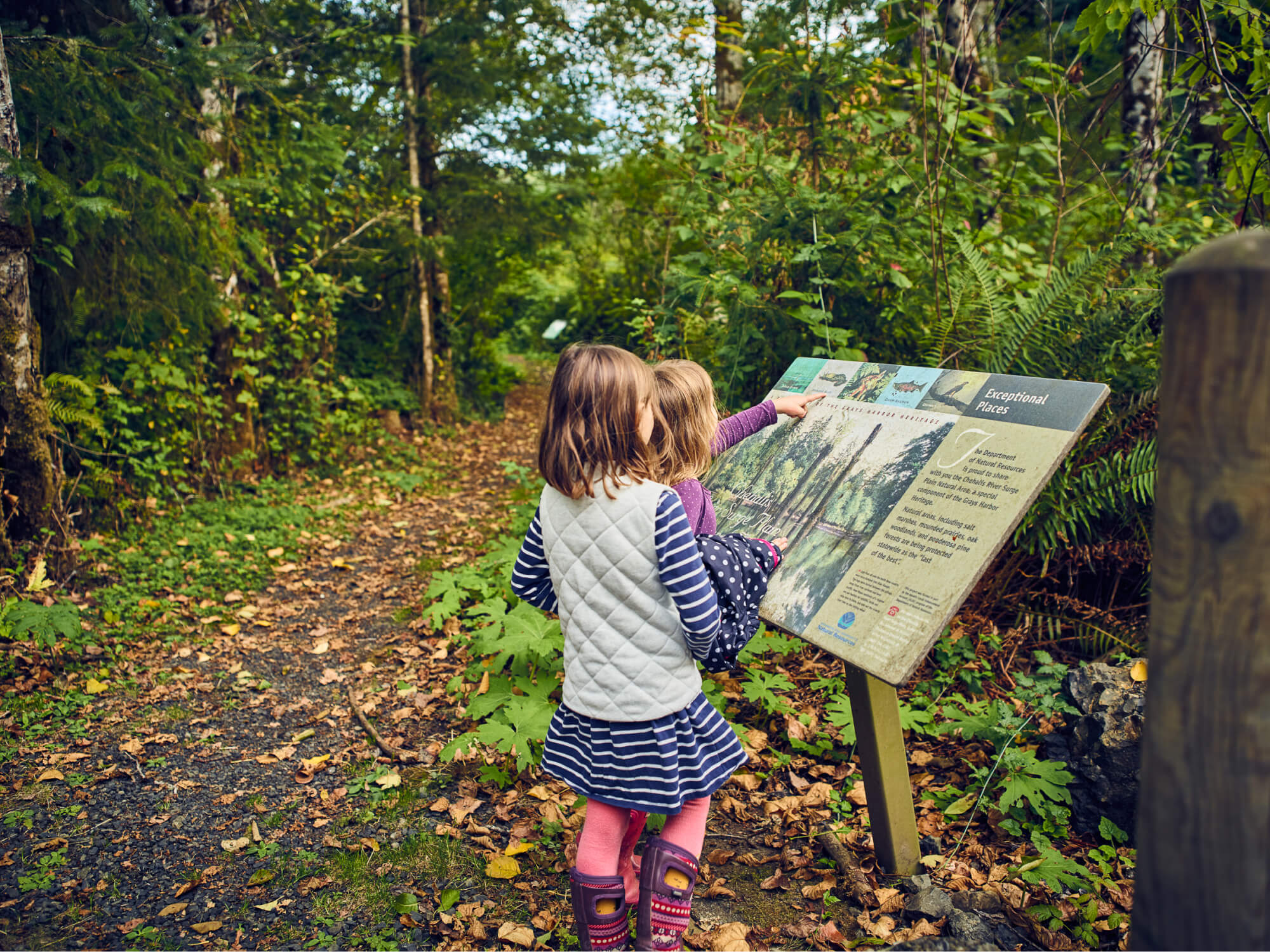Deep in the backcountry of central Idaho, Western Rivers Conservancy is about to permanently protect a gem of a property along the South Fork Salmon River and secure a key access point into the Frank Church-River of No Return Wilderness. In the coming months, we will conserve the second half of the South Fork Wilderness Ranch—one of the last private reaches of a near-pristine river—by purchasing the property and transferring it to the adjacent Payette National Forest.
The project follows on the first phase of this effort in spring, when we protected the western portion of the ranch by facilitating the former owner’s donation of a conservation easement to the Payette Land Trust. When we convey the remaining eastern portion of the ranch to the Payette National Forest, we will complete protection of the entire 234-acre ranch.
The second-largest tributary to the Salmon River, the 86-mile-long South Fork Salmon River rivals the world-famous Middle Fork for its scenic wonders and rugged adventure. But the South Fork is far more isolated, accessible by just a handful of steep dirt roads that descend 4,000 feet into the canyon.
Of special importance to backpackers, equestrians and hunters, our efforts will establish a new access point into the remote northwestern portion of the Frank Church-River of No Return Wilderness, with its spectacular scenery, big-game hunting and outstanding wildlife-viewing opportunities. Roughly 10,000 acres of public lands that were nearly impossible to reach can now be accessed via the South Fork Wilderness Ranch.
The conservation component is equally important. Because the South Fork Salmon is so isolated, it is as pristine as any salmon river in the Northwest. It is one of the few rivers in the Columbia Basin that still has reasonably intact assemblages of native fish, including bull trout, spring Chinook, summer steelhead and westslope cutthroat trout. Fully one-fifth of the Columbia Basin’s spring Chinook salmon come from the South Fork!
With the completion of this effort, the South Fork Salmon will be one step closer to being protected along its entire length for the benefit of native fish, diverse wildlife and outdoor enthusiasts who now have access to some of the most isolated wilderness in the West.


